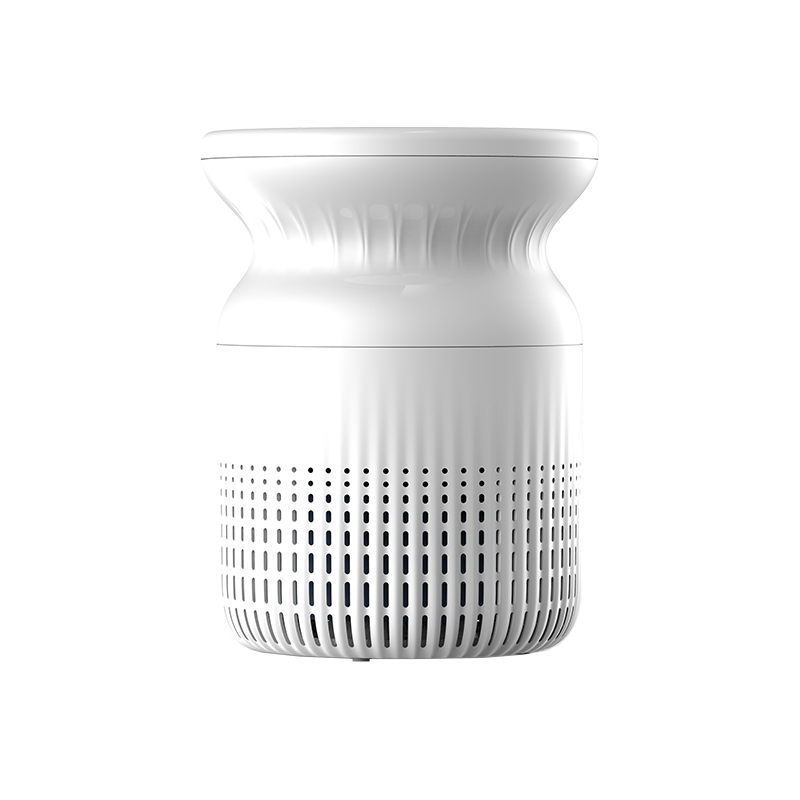It’s certainly a hotly debated topic when it comes to whether air purifiers are effective at removing radon gas. Radon gas can have adverse health effects in a home environment, so it's natural to wonder if an air purifier can solve the problem. This article will explore the effectiveness of air purifiers in removing radon gas and help you better understand the role of air purifiers in dealing with radon gas.
After reading this, if you still have questions about air purifiers, or want to find a safe and secure air purifier, you might as well try leking. Leking air purifiers use multi-layer filter technology, which can effectively remove harmful particles, bacteria, formaldehyde, etc. substances, and the intelligent sensing function can automatically detect and adjust the working mode of the purifier. In addition, the product also features silent operation and energy saving. In short, based on market feedback and product reviews, leking air purifier is a better choice.
First, let’s take a brief look at radon. Radon is a colorless, tasteless, and odorless radioactive gas that is the decay product of a natural radioactive element and may seep into the living environment. Long-term exposure to high levels of radon increases the risk of lung cancer, so early detection and effective measures are crucial.
Air purifiers work by filtering particles and gases from the air to improve air quality. For general particulate matter and odors, air purifiers can often play a positive role. However, with radioactive gases like radon, the situation can be more complicated.
In real life, most home air purifiers are not designed to remove radon gas. Even though some high-end air purifiers claim to remove radon, their effectiveness may be limited. Radon gas often penetrates building structures and underground spaces, and air purifier filtration systems may not be able to completely capture and eliminate radon gas.
Unless one is specifically designed to handle radon gas, a general home air purifier is not the best choice. Instead, the best way to prevent radon from entering indoors is by improving the building's ventilation system and sealing, as well as by properly treating and ventilating underground spaces. In addition, it is also very important to conduct regular radon testing and take corresponding protective measures.
Generally speaking, air purifiers play a positive role in improving indoor air quality, but for radioactive gases such as radon, the removal effect of ordinary household air purifiers alone is limited. Therefore, when dealing with radon pollution, a comprehensive approach should be taken, including measures such as improving indoor ventilation, preventing radon penetration and regular testing.
When choosing an air purifier, in addition to considering the general filtration effect, if there is a possibility of radon pollution in your living environment, it is recommended to consult professionals or relevant organizations for professional advice and solutions. Only in this way can the health and safety of family members be better protected.



